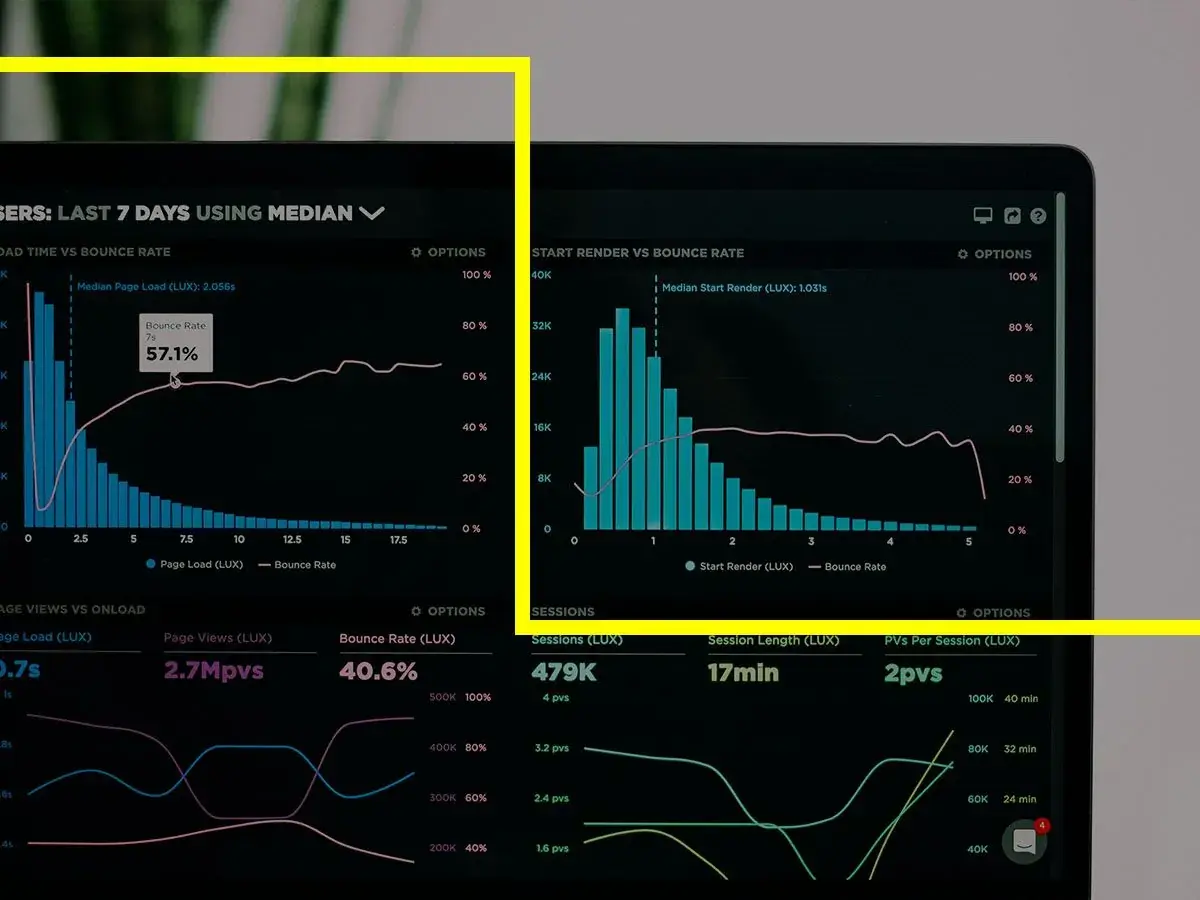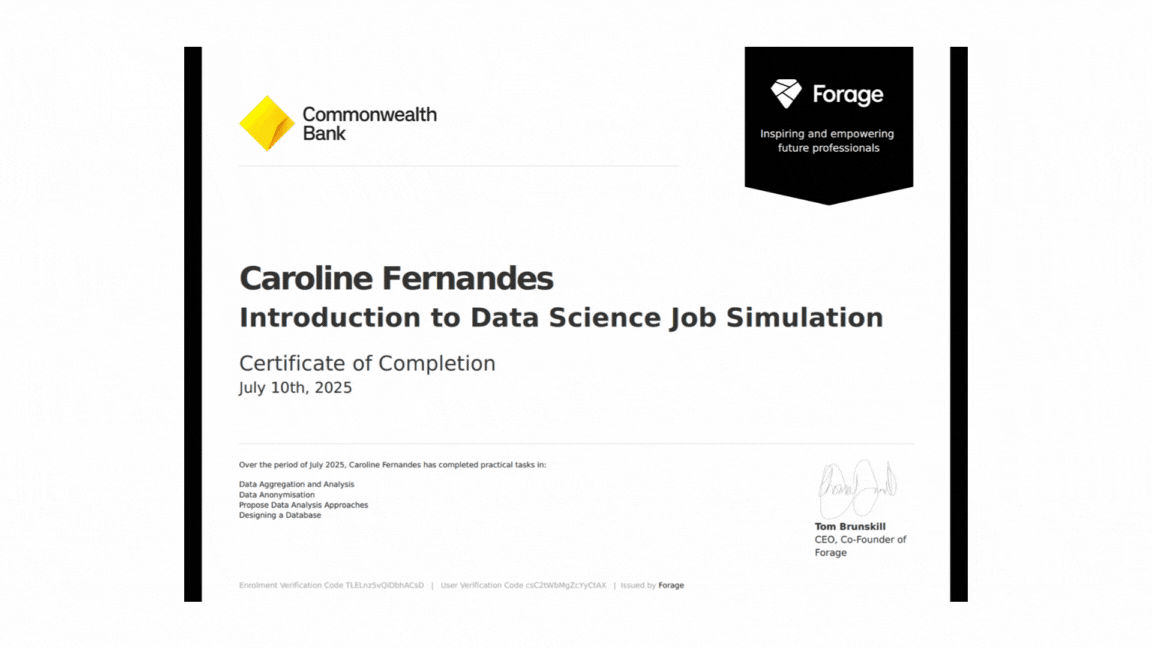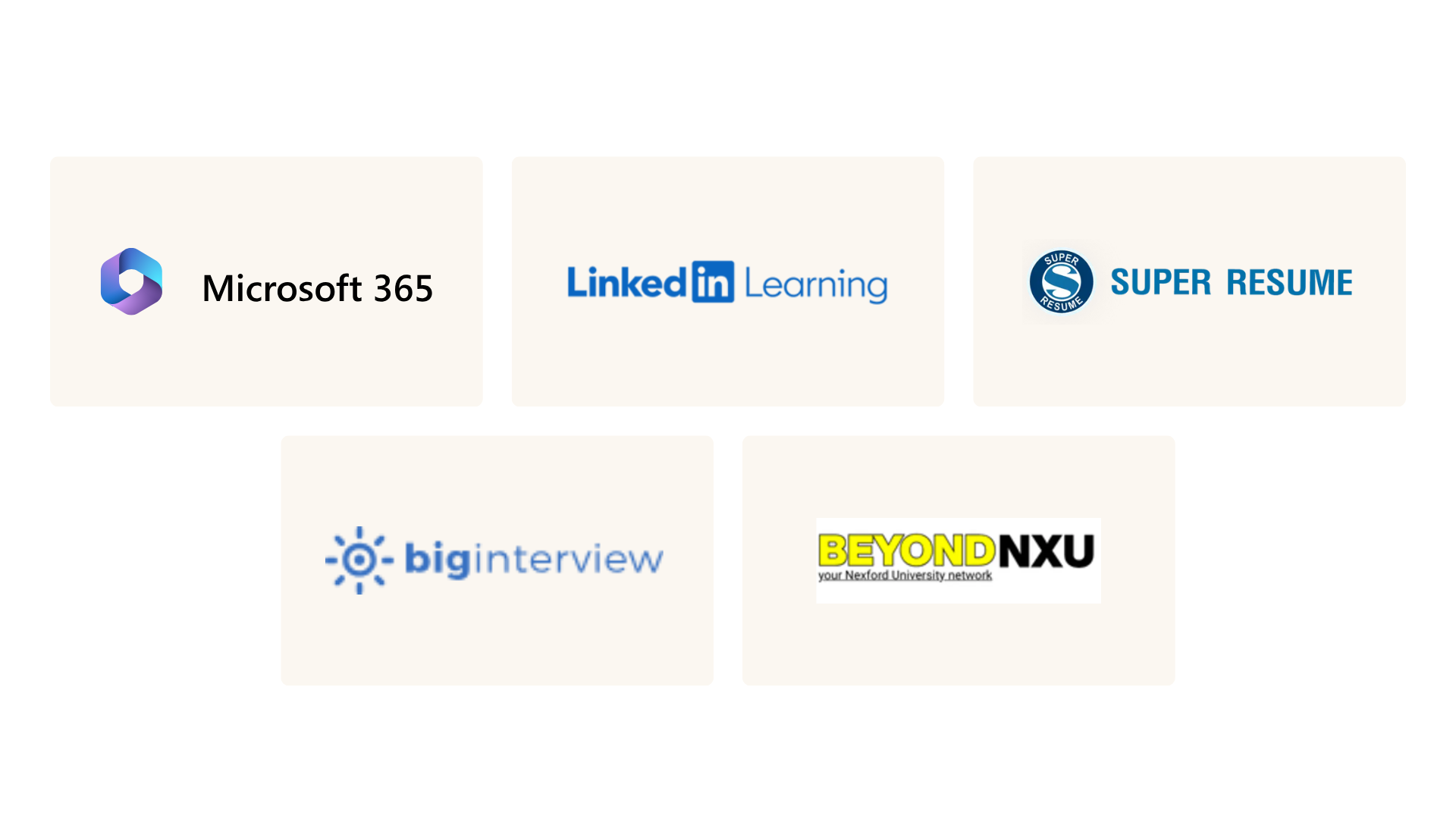
Online MS in Data Analytics
Jan. 1, 2027
Make data talk. Make smarter moves.
Make data talk. Make smarter moves.
Skills you will learn - and add to your résumé
An affordable online data analytics degree program
With our pay-as-you-go model if you finish your master's degree in data analytics faster, you'll pay less.
- Affordable monthly payments
- No hidden fees - ever
- Pause or cancel anytime
- No fixed long-term contracts
Courses in the MS in Data Analytics
























What’s it like to learn at Nexford?

Build skills by doing. Every course includes hands-on projects that mirror real workplace challenges like building financial models plans, data dashboards, or marketing strategies. You won’t just learn about it - you’ll practice doing it. And projects are often curated from the world's largest organizations.





Masters Degree in Data Analytics - Admission requirements



Where our learners work
























Join us for a free virtual tour
Join us live to see how learning at Nexford works, hear from alumni, and get your questions answered by current learners, faculty, and staff.


Your dedicated career success platform
Your dedicated career success platform




Finish faster with Nexford's 9 month MSDA
Earn your online Master's of Science in Data Analytics in just 9 months by completing courses faster and increasing your course load.
- Course load: 1 course
- Pace: 1 course per month
- Course load: 2 courses
- Pace: 2 courses per month
- Course load: 1 capstone course
- Pace: 1 course per month
Others block AI. We expect you to master it.
Real projects you'll complete in your MS in Data Analytics






Your career outlook as an MS in Data Analytics graduate
- Chief Information Officer
- Data Analyst
- Insights Manager
- Analytics Manager
- BI Developer
- Data Visualization Specialist
- Reporting Analyst
- Business Intelligence Analyst
- Systems Analyst
- Data Engineer
- Big Data Engineer
- BI Analyst
- Risk Analyst
- Compliance Analyst
- Fraud Analyst
- Data Governance Specialist












Hear from our alumni and their employers



Thank you so much for the opportunity to be part of Nexford University. My education there significantly helped me advance my career. Additionally, my MBA has been successfully recognized as equivalent in my home country, Indonesia.

As a current MBA student at Nexford University, i like the flexile modality of study especially for full time employees, also the project-based learning approach with updated syllabuses, real case studies with top tech companies like Amazon, Tesla , Toyota, Apple...etc. and affordable at the same time for low middle income countries students.

Meet your future faculty
Meet your future faculty
Learn from faculty who are also experienced business leaders, entrepreneurs, and subject-matter experts. Their real-world experience helps ensure what you’re learning is practical, career-relevant, and aligned with what employers actually need. Join live group sessions or book 1:1 time when you need support.
Nexford is accredited.

Nexford University is accredited by the Distance Education Accrediting Commission (DEAC).
The DEAC is listed by the U.S. Department of Education as a recognized accrediting agency and is recognized by the Council for Higher Education Accreditation (CHEA).


Nexford University is accredited by the Distance Education Accrediting Commission (DEAC).
The DEAC is listed by the U.S. Department of Education as a recognized accrediting agency and is recognized by the Council for Higher Education Accreditation (CHEA).







